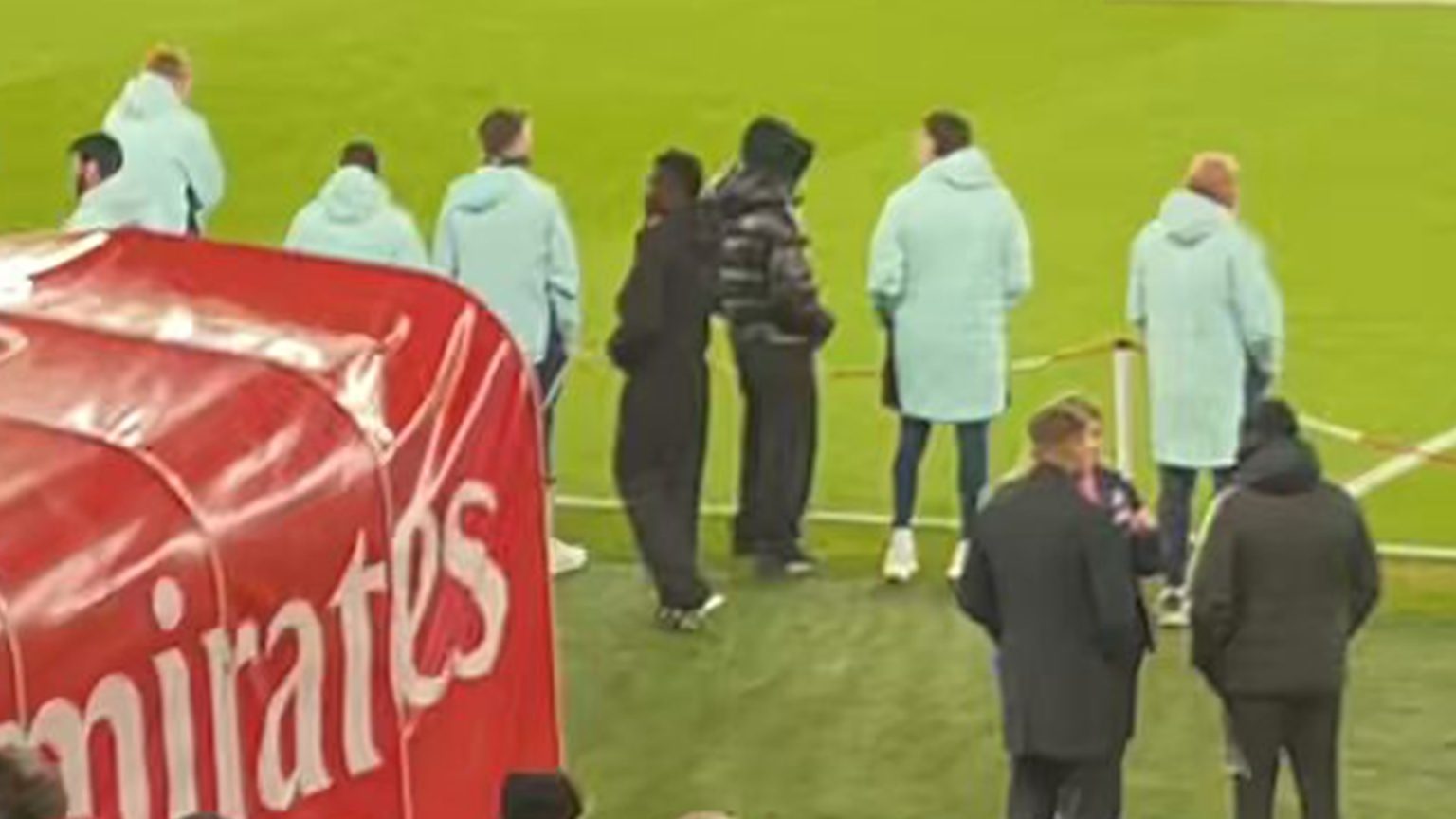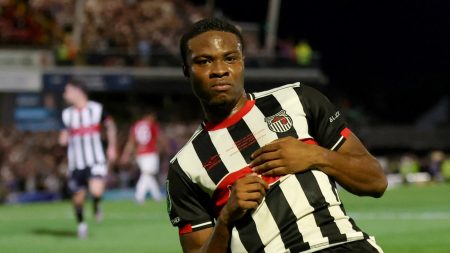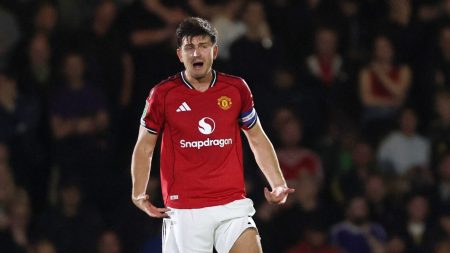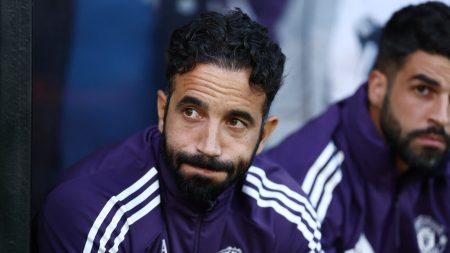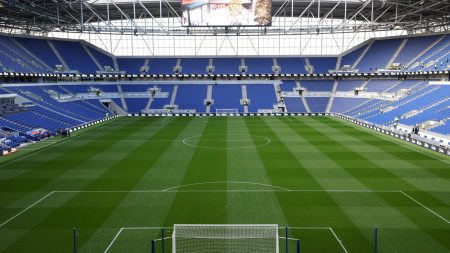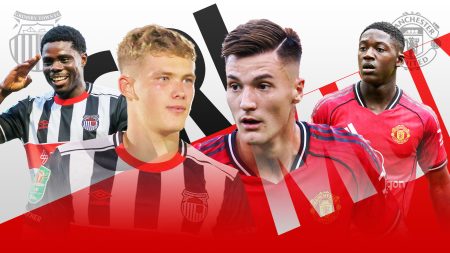Bukayo Saka’s recent appearance at the Emirates Stadium without crutches has offered a glimmer of hope for Arsenal fans, although the club continues to grapple with injury concerns. Saka, a key figure in Arsenal’s attack, has been sidelined since late December with an injury, missing crucial Premier League matches. While his presence at the stadium without crutches is a positive sign, his return to action is not expected until at least March. Manager Mikel Arteta, recognizing the need for Saka to both physically and mentally recuperate, has encouraged the young star to take a holiday. This break, Arteta believes, will allow Saka to not only rest but also focus on his rehabilitation in a more relaxed environment, ultimately contributing to a more effective recovery.
Arteta’s emphasis on Saka’s well-being highlights the club’s commitment to player care. The manager understands that constant presence around the team, while important for morale, can also be mentally taxing for an injured player. By urging Saka to take time away, Arteta aims to ensure the player returns refreshed and fully prepared to contribute to the team’s push for success. The enforced break, while unfortunate in its timing, provides an opportunity for Saka to recharge both physically and mentally. This approach underscores Arsenal’s recognition of the importance of holistic player management in maximizing performance and ensuring long-term well-being.
Despite the positive news surrounding Saka’s recovery, Arsenal faced another setback with the injury to defender William Saliba. Saliba sustained a hamstring issue during Arsenal’s recent victory against Tottenham Hotspur, adding to the club’s defensive woes. The injury to Saliba further complicates Arsenal’s defensive setup, forcing Arteta to reshuffle his backline. The absence of both Saka and Saliba presents a significant challenge for Arsenal, who are striving to maintain their momentum in the Premier League title race.
The timing of these injuries could not be worse for Arsenal, who are currently trailing league leaders Liverpool. The absence of key players like Saka and Saliba puts additional pressure on the remaining squad members to perform at their best. Arteta will need to rely on his squad depth and tactical acumen to navigate this challenging period and keep Arsenal’s title hopes alive. The club’s ability to adapt to these setbacks will be crucial in determining their ultimate success this season.
The injury to Saliba further underscores the fragility of a squad competing at the highest level. The demands of a packed fixture schedule, combined with the intensity of Premier League matches, inevitably lead to injuries. Arsenal’s medical team will be working diligently to assess the extent of Saliba’s injury and develop a rehabilitation plan. The club will be hoping for a swift recovery, but will also need to be prepared for the possibility of a longer absence. This situation highlights the importance of squad depth and the ability to adapt to unforeseen circumstances.
In the context of a demanding season with high stakes, Arsenal faces a critical juncture. The absence of key players like Saka and Saliba requires resilience and adaptability. While the sight of Saka without crutches offers a glimmer of hope for his eventual return, the immediate challenge lies in navigating the upcoming fixtures without two integral members of the squad. Arteta’s leadership and the team’s collective strength will be tested as they strive to maintain their competitive edge in the Premier League title race. The coming weeks will be crucial in determining how Arsenal can cope with these setbacks and continue their pursuit of success.





